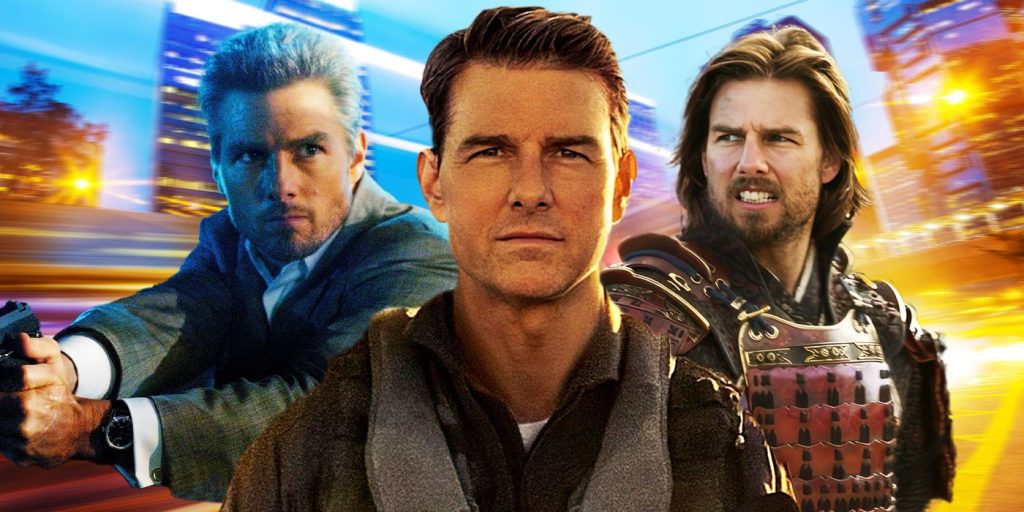From the scorching deserts of Iraq to the perilous mountains of Afghanistan, modern war movies set in the Middle East have become a powerful cinematic window into the realities of 21st-century warfare. These films are more than just action-packed stories — they are reflections of geopolitical tension, moral complexity, and the psychological scars of combat.
In this curated guide, we’ll explore the most gripping and realistic war films that tackle conflicts in the Middle East. Whether inspired by real missions or fictionalized drama grounded in truth, each film helps viewers better understand the human cost of modern warfare.
1. Why Modern War Films Matter
Cinema’s Role in Reflecting Modern Conflicts
War movies have always shaped how we understand global conflict. But since 9/11, there’s been a shift toward hyper-realistic, emotionally grounded storytelling, especially in films about the Middle East. Today’s war cinema is not just about victory or defeat — it’s about survival, trauma, and consequences.
Through powerful visual storytelling, modern war films bridge the gap between civilian perception and military experience. They challenge audiences to think critically about foreign policy, ethics in combat, and what it means to serve.
“War films have evolved from glorifying heroism to exposing the raw, unfiltered truth of life on the front lines.”
— Military Times Review on Post-9/11 Cinema
The Middle East as a Setting for War Cinema
The Middle East has become the primary stage for 21st-century warfare in film. It’s not just because of the sheer number of conflicts — it’s the political complexity, harsh terrains, and asymmetric warfare that create such compelling narratives.
From the urban chaos of Baghdad to remote outposts in the Afghan highlands, the region serves as both a literal and symbolic backdrop for exploring modern geopolitics, counterinsurgency, and cultural tension.
2. Top Modern War Films Set in the Middle East (Ranked List)
Here’s our list of must-watch modern war movies, ranked not just by critical acclaim, but by their emotional weight, realism, and impact on public perception of the War on Terror.
2.1 American Sniper (2014)
Directed by: Clint Eastwood | Starring: Bradley Cooper
Image: Bradley Cooper as Chris Kyle in American Sniper
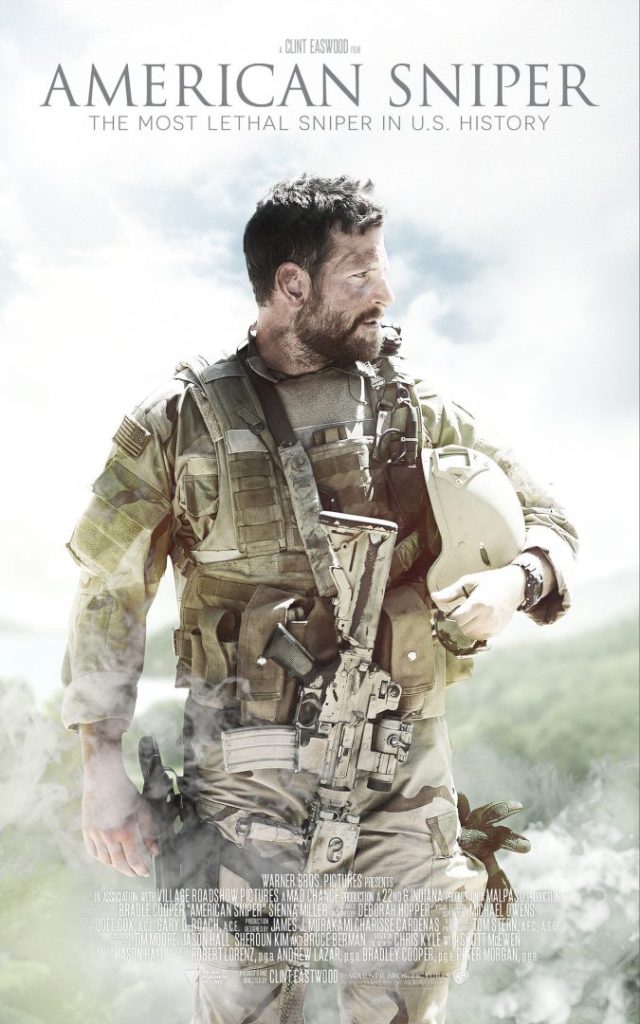
Based on the autobiography of Navy SEAL sniper Chris Kyle, this film became a cultural lightning rod. It chronicles Kyle’s four tours in Iraq, highlighting both his exceptional marksmanship and the devastating psychological toll of war.
What makes American Sniper so gripping isn’t just the battlefield intensity — it’s the stark juxtaposition between home and war. As Kyle struggles with PTSD and reintegration, the audience is forced to confront the invisible wounds of combat.
2.2 The Outpost (2020)
Directed by: Rod Lurie | Starring: Scott Eastwood, Orlando Bloom
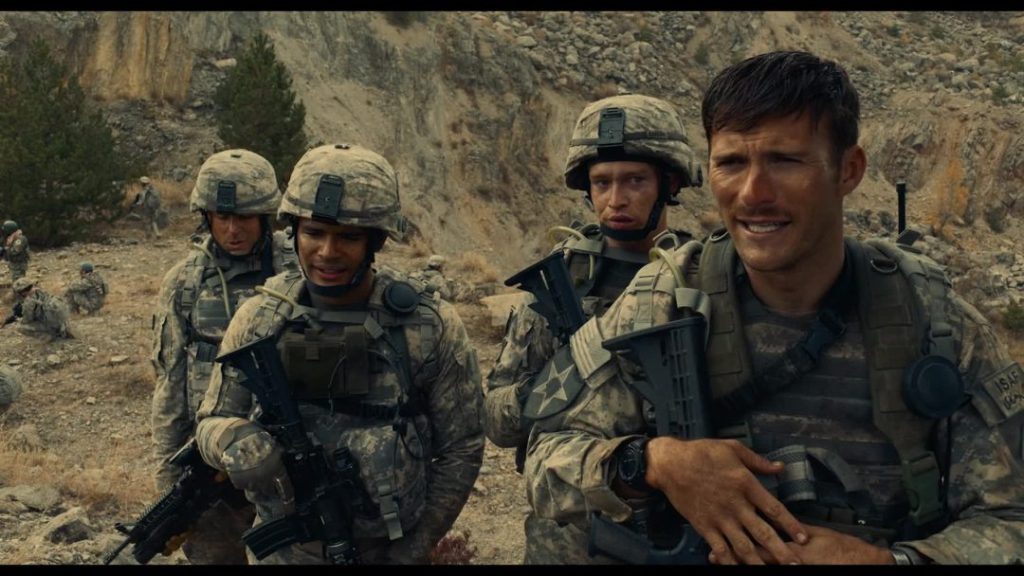
A harrowing true story of defense and survival in Afghanistan
Based on Jake Tapper’s nonfiction book, The Outpost tells the story of Combat Outpost Keating, one of the most dangerous positions in Afghanistan. The film climaxes in the Battle of Kamdesh, where a small team of U.S. soldiers held off a massive Taliban attack.
Critics and veterans alike have praised The Outpost for its authentic military tactics, tension-filled direction, and commitment to honoring those who served. It’s a raw and respectful tribute to brotherhood and bravery.
2.3 Eye in the Sky (2015)
Directed by: Gavin Hood | Starring: Helen Mirren, Aaron Paul
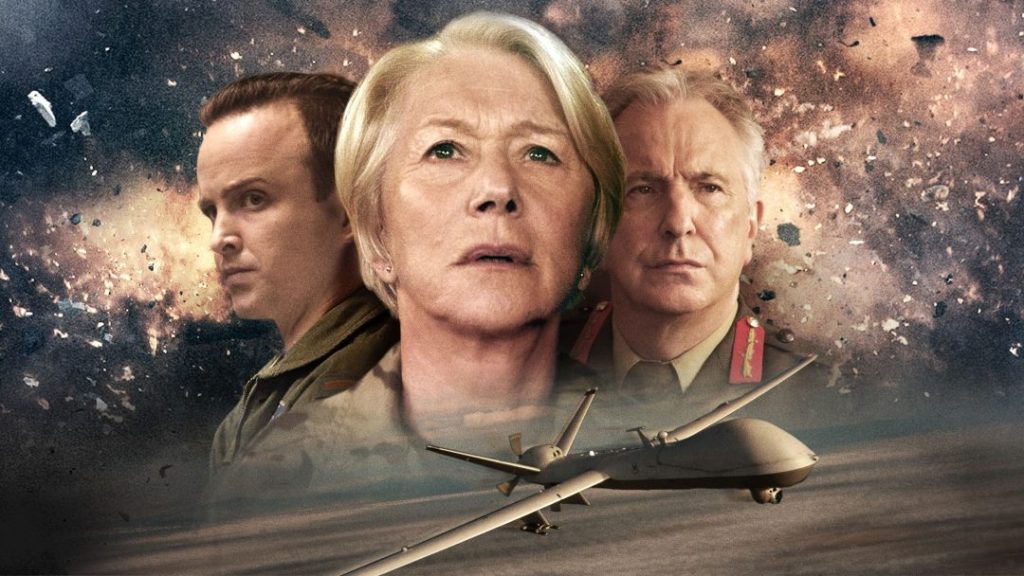
Image: A chilling exploration of modern drone warfare and moral dilemma
Eye in the Sky offers a chilling, real-time look into the ethical quagmire of drone warfare. The film focuses on a British-led operation in Kenya, where a drone strike on a terrorist compound is delayed due to the presence of a civilian child nearby.
The film doesn’t rely on action but on tense decision-making and political gamesmanship. It shines a spotlight on how war has become digital — yet its moral complexities remain hauntingly human.
2.4 Lone Survivor (2013)
Directed by: Peter Berg | Starring: Mark Wahlberg
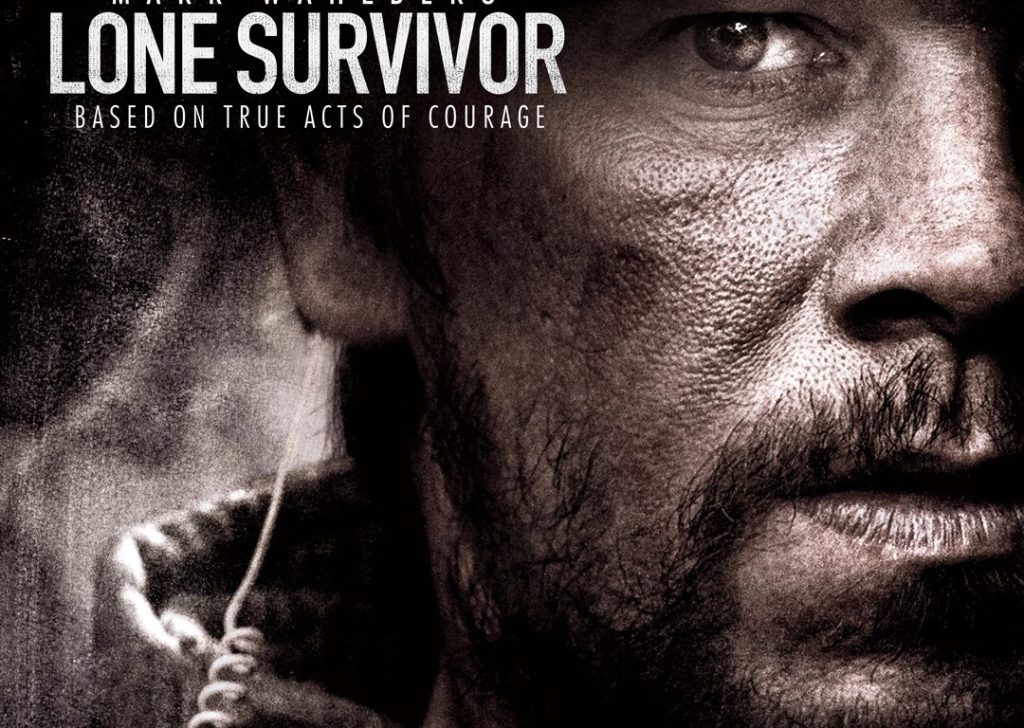
This film recounts Operation Red Wings, a Navy SEAL mission in Afghanistan that went fatally wrong. Mark Wahlberg plays Marcus Luttrell, the only surviving member of the four-man team ambushed by Taliban forces in the mountains.
Lone Survivor is a masterclass in physical tension and emotional intensity, featuring brutal combat scenes and heart-wrenching choices. It’s a gritty tribute to sacrifice, survival, and the bonds of brotherhood.
2.5 Hyena Road (2015)
Directed by: Paul Gross | Starring: Rossif Sutherland
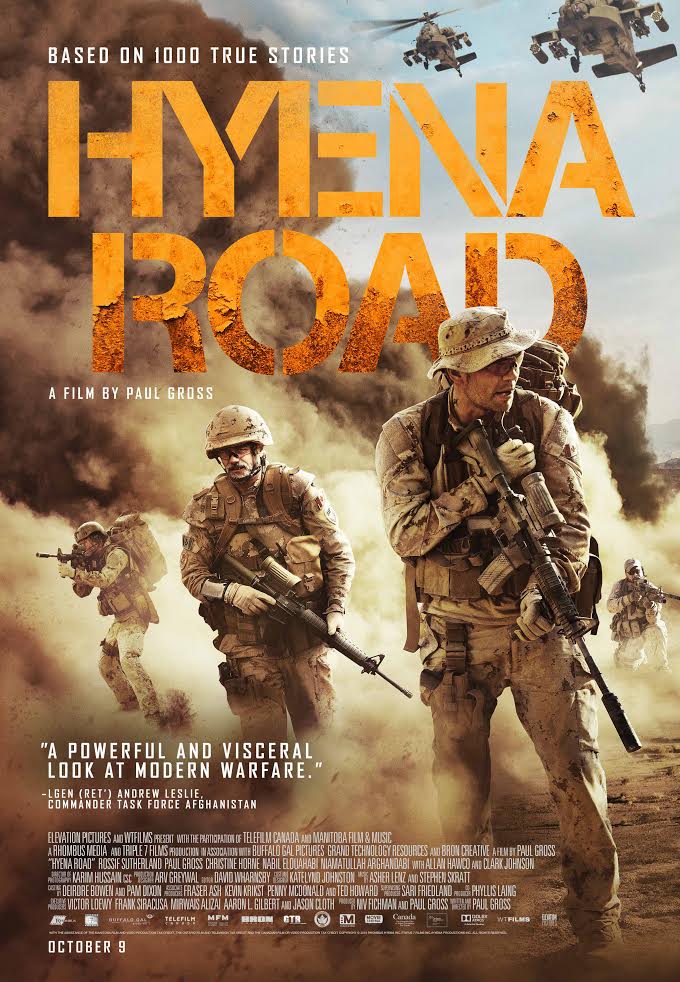
Image: Canada’s war in Afghanistan portrayed with introspection and honesty
A Canadian perspective on the war in Afghanistan, Hyena Road captures the complexity of combat diplomacy, insurgency, and cultural misunderstanding. Shot on location in Jordan, it brings raw realism and political nuance often absent from U.S.-centric war films.
Director Paul Gross, a veteran of military-themed cinema, wanted to explore the “impossible choices” soldiers face, rather than simple right or wrong narratives.
2.6 Sand Castle (2017)
Directed by: Fernando Coimbra | Starring: Nicholas Hoult, Henry Cavill
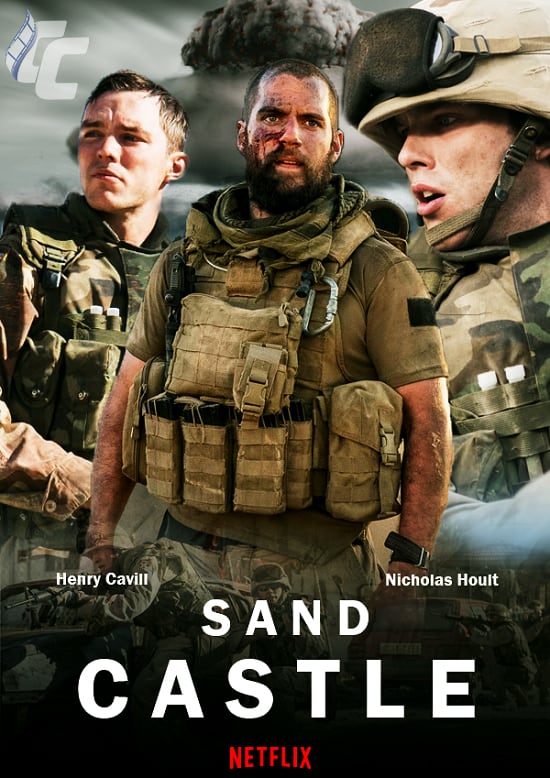
A quiet, reflective look at war through the eyes of a reluctant soldier
Sand Castle offers a more introspective view of the Iraq War, seen through the lens of a young soldier tasked with repairing a water pumping station in a hostile village. Unlike other films, it centers less on battle and more on the monotony, tension, and cultural disconnects of occupation.
It’s a slow burn — but one that accurately reflects the psychological experience of soldiers far from home.
2.7 Green Zone (2010)
Directed by: Paul Greengrass | Starring: Matt Damon

Set during the early days of the Iraq invasion, Green Zone follows a U.S. Army officer as he uncovers a conspiracy behind the missing weapons of mass destruction (WMDs). Unlike most combat-heavy war films, this one leans into political thriller territory, asking tough questions about misinformation and motive.
With its handheld camera style and tense pacing, the film delivers a visceral depiction of chaos and moral conflict, echoing the uncertainty of real-life intelligence failures. Though fictionalized, it’s rooted in Rajiv Chandrasekaran’s journalistic account of Baghdad’s Green Zone, making it a thought-provoking piece of wartime cinema.
3. Key Themes in Modern War Movies
Modern war movies set in the Middle East don’t just show explosions and tactics — they explore layered human experiences shaped by geopolitics and trauma. Below are the defining themes that emerge across these powerful films.
Realism and the Fog of War
Today’s war films have moved away from glamorizing conflict. Instead, they embrace the confusion, fear, and unpredictability that soldiers face in combat. Films like The Outpost and Lone Survivor portray uncertain rules of engagement and life-or-death decisions, often made in split seconds.
Realism also means imperfect outcomes — missions that fail, soldiers who don’t make it home, and operations clouded by conflicting objectives.
The Psychological Toll on Soldiers
War isn’t just physically brutal — it’s emotionally devastating. Nearly every film on this list touches on PTSD, survivor’s guilt, and the inner battles veterans face long after returning home.
American Sniper is a standout in depicting these internal struggles. We watch Chris Kyle wrestle with disconnection, anxiety, and identity loss, even as he’s celebrated as a national hero. These narratives help raise awareness about veteran mental health, a growing concern in the U.S.
Civilian Casualties and Collateral Damage
Unlike traditional war films, modern Middle East war cinema often centers on the civilians caught in the crossfire. In Eye in the Sky, the entire moral dilemma revolves around a single girl selling bread — a reminder that military precision doesn’t erase ethical gray zones.
Civilian deaths, mistaken identities, and cultural misunderstandings are frequent plot points, forcing viewers to consider the ethical cost of modern warfare.
“The camera no longer follows just the soldier — it lingers on the bystanders, the families, the children. That’s where modern war films find their soul.”
— Commentary in Military
4. How Accurate Are These Films?
Military Consultant Involvement
Many of these movies employ real veterans and military advisors to ensure authenticity. Lone Survivor involved Marcus Luttrell directly in the production. The Outpost used real military uniforms, tactics, and lingo under the guidance of former soldiers.
This boots-on-the-ground expertise helps capture details that resonate with those who served — from radio chatter to weapon handling to body language in firefights.
Where Films Dramatize or Simplify
That said, creative liberties are inevitable. To keep audiences engaged, directors may compress timelines, intensify drama, or simplify geopolitical context. While this helps pacing and emotional resonance, it can blur historical nuance.
For example, Green Zone takes a real policy critique and fictionalizes the characters, blending fact with thriller-style conspiracy. It’s emotionally true, but not a documentary.
What are some underrated modern war movies?
- Sand Castle – overlooked Netflix original with a nuanced tone
- Hyena Road – rarely discussed but emotionally resonant
- Kajaki: The True Story – a British film about a minefield incident in Afghanistan
These films may lack blockbuster budgets but deliver powerful narratives often closer to the truth than the spectacle.
Final Thoughts: Why These Films Still Resonate
Modern war movies set in the Middle East go beyond entertainment. They give voice to soldiers, question political motives, and humanize both sides of a battlefield often reduced to statistics in the news.
These stories help us remember that wars don’t end when the credits roll. They live on — in the minds of veterans, the families of the fallen, and the civilians rebuilding amid rubble.
So whether you’re looking for tactical realism, emotional depth, or political commentary, these films offer a lens into the ongoing legacy of modern conflict — one that’s still being written.
Thank you for reading. If this guide helped you discover a new perspective on war cinema, share it with a fellow film lover or veteran.


